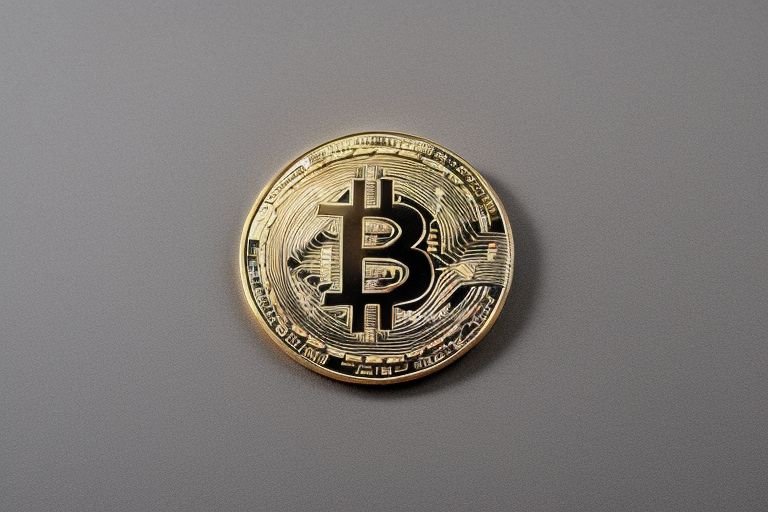Researchers have reached a pivotal milestone in the development of the quantum internet by successfully transmitting encrypted quantum information over a long-distance fiber network. This breakthrough harnesses the power of quantum entanglement, offering unprecedented levels of security for data transmission. Such advancements are particularly significant for sectors like finance and national security, where the implications of data breaches can be profoundly detrimental.
Understanding Quantum Internet
The quantum internet represents a new era of technological advancement, utilizing principles of quantum mechanics to transmit information more securely than ever possible. At the heart of this technology is quantum entanglement, a phenomenon where pairs or groups of particles interact in ways such that the quantum state of each particle cannot be described independently of the state of the others, even when the particles are separated by large distances.
Significance of the Breakthrough
This recent breakthrough in quantum communication involves transmitting encrypted information through entangled quantum states over a long-distance fiber network. The key features and implications of this development include:
Unbreakable Encryption: Quantum entanglement allows for the creation of a secure connection where the key to decrypt the information is generated and shared simultaneously between the sender and receiver through quantum states. Any attempt to intercept or measure these states automatically alters their condition, thereby alerting the communicating parties and rendering the intercepted data useless.
Long-Distance Transmission: Achieving long-distance transmission of quantum information over fiber networks is a critical step toward the practical implementation of quantum internet. This capability could potentially connect people anywhere in the world with a level of security not achievable with classical internet infrastructure.
Applications in Various Sectors
The quantum internet could revolutionize several key industries by providing ultra-secure communication channels:
Finance: Banks and financial institutions could use quantum networks to secure transactions and sensitive data against cyber threats, greatly reducing the risk of financial fraud.
National Security: Governments could enhance the security of classified communications and national defense systems, protecting them from espionage and cyberattacks.
Healthcare: Secure transmission of medical records and sensitive health data could protect patient privacy and help prevent data breaches.
Challenges Ahead
Despite these promising developments, several challenges remain before the quantum internet can become mainstream:
Technology Scalability: Scaling quantum networking technology to handle the data loads and speeds required for widespread public and commercial use is a significant technical hurdle.
Infrastructure Integration: Integrating quantum communication technologies with existing digital and network infrastructures requires extensive development and standardization.
Public Understanding and Trust: Building trust in quantum technology’s reliability and security is essential for its adoption across various sectors.
Future Prospects
Looking ahead, the progress in quantum internet technology suggests a future where data privacy and security are significantly enhanced. Continued research and development efforts are essential for overcoming existing challenges and advancing quantum technology to its next stages of implementation.
Conclusion
The successful long-distance transmission of encrypted quantum information marks a landmark achievement in the field of quantum communication, bringing the vision of a quantum internet closer to reality. This technology promises to provide a foundation for unbreakable encryption that could safeguard the world’s most sensitive data. As we advance toward this new technological horizon, the implications for security, privacy, and connectivity could reshape the digital landscape entirely.



